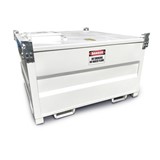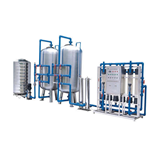As of June 2003 the diesel purchased from oil companies in all States in Australia has had the sulphur content in the diesel reduced to 50 PPM. (10 PPM of sulphur is the Government's aim). The sulphur content in diesel fuel a couple of years ago was, in excess of 2000 PPM. The sulphur was required to be removed by the Environmental Protection Agency and is to be the requirement, worldwide. sulphur in the exhaust emissions was very harmful to humans. Even in Australia the diesel exhaust emissions is known to have killed more than 1000 people each year.
Even though we now have a cleaner diesel fuel, which is great for our health, the sulphur was the main lubricant in the fuel. Sulphur also acted as an antioxidant in holding the power/energy in the diesel. Without the sulphur the fuel in storage will now deteriorate. The Bi-tron Conditioner will hold the energy in this fuel.
The diesel we are now using in our engines has so little lubrication, that BP have, at last, admitted they needed to put a lubricant into the diesel. However from my investigations I find that fuel system servicing people are telling me that there is not enough lubricant in the diesel. Injector nozzle pintles are scoring badly, which prevents the diesel fuel from atomising correctly in the combustion chamber, therefore the fuel is not burning completely. There are far more vehicles on the roads today with smoky exhausts, than ever before. The rotary fuel pumps on most modern day vehicles are completely fuel lubricated. As the fuel is abrasive, the fuel is wearing these fuel pumps, and other fuel lubricated metal, and are very expensive to repair or replace.
Everyone forgets the top ring on the piston is only fuel lubricated. The fuel needs to contain a good lubricant. In the last couple of months I’ve had the opportunity to "mechanically" test, quite a number of the most popular "diesel fuel treatments" and none proved mechanically, to have a lubricant to benefit the metal in the engines.
The sulphur in the diesel fuel in storage tanks used to maintain the volatility of the fuel, however with most of the sulphur missing, the fuel in storage tanks, large or small, is now deteriorating.
What does Bi-tron offer?
- Bi-tron fuel treatment will put the lubrication into the fuel.
- Bi-tron is a "metal treatment" that lubricates all metal in contact.
- Bi-tron will maintain the energy of fuel in storage.
- Bi-tron eliminates fungus growth, and breaks down condensation.
- Bi-tron is the only treatment that is 100% petroleum based with no additives or solids.
- Bi-tron fuel conditioner can possibly reduce the exhaust pollution emissions by 90% or more.
Using Bi-tron fuel treatment, the Bi-tron engine formulation & the metal treatment in combination, has proved in about 90% of cases to have a benefit of saving 20% or more of the fuel usage, providing engines are not working in lug (over loaded continuously). You need approximately 8% saving in fuel to cover the expense of using these three Bi-tron products.
By using Bi-tron oil treatments, there is a possibility, intervals between oil changes maybe lengthened; an OIL ANALYSIS TEST will be required to prove this.


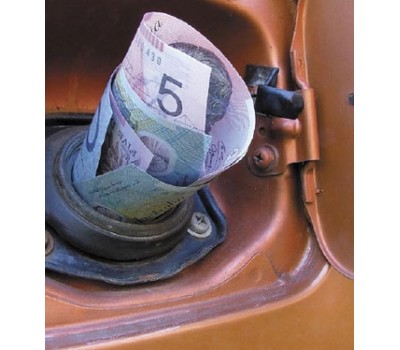
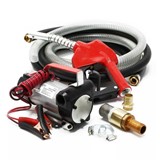
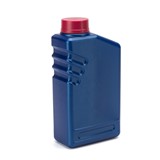
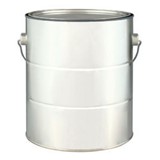

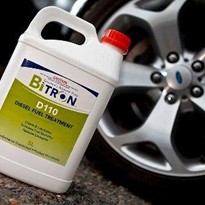
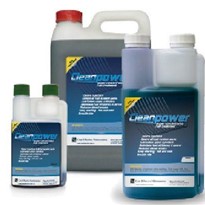
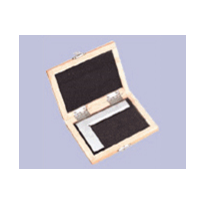
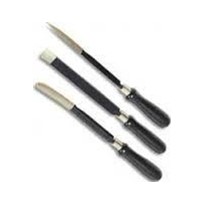
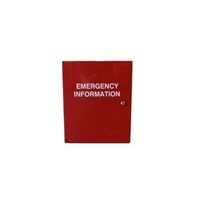
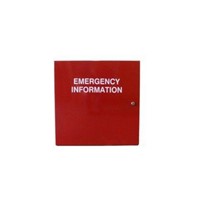
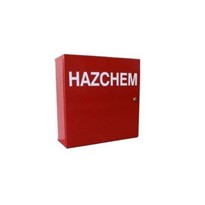
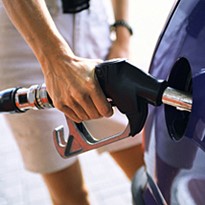


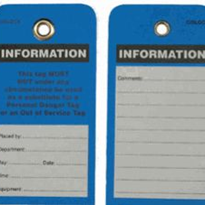

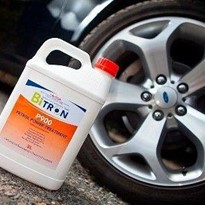

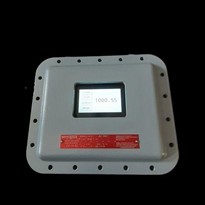
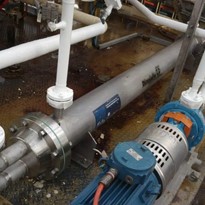
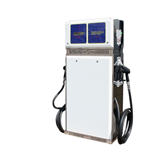

-160x160-state_article-rel-cat.jpg)
